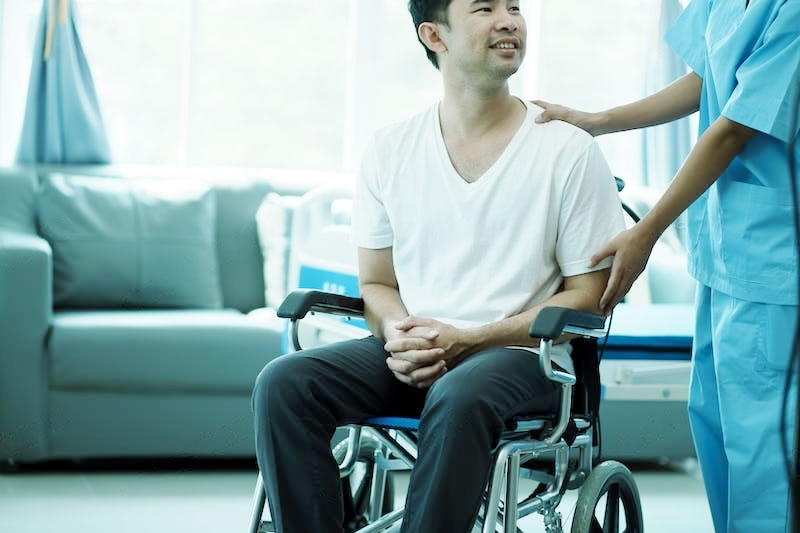
Abstract
As digital technology and artificial intelligence (AI) continue to revolutionize healthcare, it is crucial to understand the implications of these changes on patient mental health and their perception of care. This article explores the balance between digital innovation and the human touch, an integral component of patient care, and discusses the importance of preserving this balance amidst the rapid digitization of healthcare.
Introduction
The healthcare landscape is undergoing a radical transformation with the emergence of AI, telehealth, remote monitoring, and digital health applications. While these advancements promise to optimize healthcare delivery and improve patient outcomes, they also pose a potential threat to the humanistic aspect of patient care. The human touch, characterized by physical presence and patient-provider interaction, is increasingly marginalized as healthcare services become more digitized.
The Role of Human Touch in Healthcare
Human touch in healthcare serves as a fundamental medium to express empathy, provide comfort, and establish therapeutic relationships. It is well-documented that positive physical interactions can alleviate anxiety, diminish pain, and promote patient satisfaction. As such, the risk of losing this fundamental aspect of care in the digital transition warrants attention.
Impact of Digital Transition on Patient Perception and Mental Health
The transition towards digital healthcare can potentially lead to patient alienation, cultivating perceptions of impersonal care. This digital divide can subsequently affect patients' mental health, exacerbating feelings of anxiety and loneliness and diminishing satisfaction with care.
For instance, telemedicine consultations, while convenient, lack the capability for physical examination and the reassurance it brings. This lack of physical interaction could lead to a perceived detachment of healthcare providers, potentially undermining patient trust and confidence in the care they receive.
Preserving Human Touch in the Age of Digital Healthcare
Preserving the human touch in the era of digital healthcare involves a balanced integration of technology that enhances rather than replaces physical patient-provider interaction. Healthcare providers play a pivotal role in this regard, especially in making digital interactions more empathetic and personal.
Similarly, while AI can enhance efficiency, diagnosis, and treatment plans, the final decision-making should involve human healthcare providers. This approach ensures that patients' unique circumstances are taken into account, and the reassuring presence of a human provider is maintained.
Patient Empowerment and Role of Healthcare Organizations
Patient empowerment in the digital healthcare era is critical. Respect for patient preferences regarding digital tools in their care, coupled with patient education about these tools, can enhance acceptance and satisfaction with digital healthcare.
Healthcare organizations and policymakers have an essential role in maintaining the human touch as an integral part of healthcare. This can be achieved through policies promoting balanced digital healthcare, training programs for healthcare providers, and initiatives emphasizing the importance of human interaction.
Conclusion
While digital healthcare has become an inescapable reality, it is crucial to remember that at the core of every digital innovation is a patient seeking not only a cure, but also care, comfort, and connection. As healthcare evolves in this digital age, the challenge lies in harnessing the benefits of digital healthcare while preserving the irreplaceable aspect of human touch. Future healthcare will undoubtedly be shaped by AI and digital innovations, but the essence of care will always lie in the human touch.
